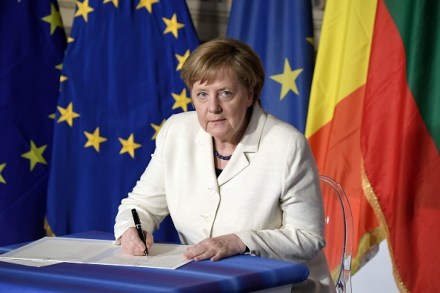Would the EU reject an Article 50 extension request?
Any extension to the Article 50 process would have to be unanimously agreed by the EU 27. This has led to some speculation that there might be a veto. But this strikes me as highly unlikely. One of the EU’s priorities in this negotiation has been to try and avoid blame, which explains Michel Barnier’s cack handed social media diplomacy. Rejecting a UK request to extend Article 50 would turn that approach on its head. It is also worth remembering that the EU is far from perfectly prepared for a no deal exit—what to do about the Irish border being the most glaring example of this—and if the EU forced



















